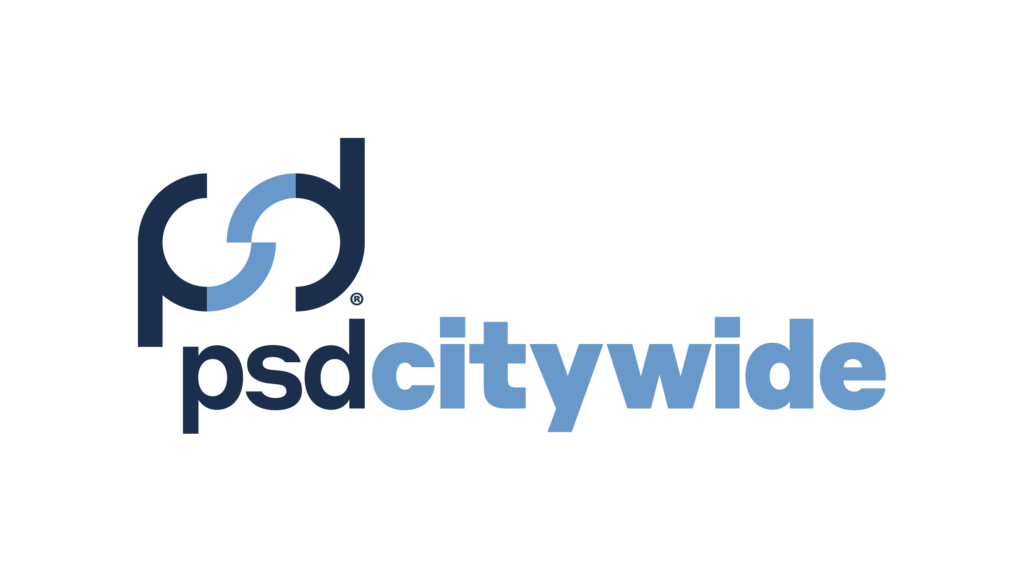Canadian municipalities face a multitude of financial challenges as they continue to be tasked with downloading services and maintaining and replacing aging infrastructure. For many this means having to curve priorities to fit within tight budget constraints. Municipalities have limited ability to source revenue and are hesitant (or in some cases unable) to raise or utilize property taxes as a way to increase the base of funds available for ever-changing dynamics and service demands.
Recently, Councillor Brittny Anderson from the City of Nelson and Councillor Amy Lubik from the City of Port Moody, put forward a collaborative resolution to their councils that they are waiting to be passed by broader provincial bodies in the coming months on closing federal corporate tax loopholes in order to prioritize funding towards nature-based solutions for climate change mitigation.
Accessing these funds would enable these cities to move ahead with crucial actions on climate change that would provide long-term benefits to their communities. PSD Citywide sat down with the councilors to discuss the resolution and how they were able to take a collaborative approach to push these priorities forward.
Where did the idea for the resolution come from?
This all started from a CBC news article explaining that approximately 24 to 29 percent of corporate tax revenue is being missed by the federal government. This was particularly impactful and frustrating considering how constrained municipal budgets are and to know that potentially a quarter of the tax revenue isn’t being collected by the government which would contribute greatly to helping with infrastructure upgrades, natural climate change solutions, etc. We worked with our colleagues and were connected with staff at the Federation of Canadian Municipalities (FCM) to discuss the best options on how best to push this forward.
FCM was very interested in the nature-based solution component, however, because their focus is dedicated to providing municipalities with access to funding as opposed to analyzing how government revenue is spent, we decided to take the issue of the latter component to the Association of Kootenay and Boundary Local Governments (AKBLG).
The resolution was broken out into two separate documents, one which would go directly to FCM, wholly based around nature-based solutions and getting direct funding to communities. The other component, which explores how the corporate tax loophole can be directed towards nature-based solutions, will be presented at the AKBLG Conference.
If passed, the resolution will then be submitted to the Union of BC Municipalities (UBCM). If the resolution is passed by both AKBLG and UBCM, it would be an indication to both provincial and federal leadership that this is a priority for municipalities, as well as bringing the issue to the attention of a large audience in hopes to enact change. The overarching strategy is to get as many municipalities involved and in support in order to showcase the growing need for sustainable funding towards climate change action.
What do nature-based solutions look like?
Climate change will affect almost every aspect of society and each community will feel the impacts differently, making it necessary for municipalities to be able to take their own unique approach towards mitigation and adaptation. A resolution of this kind enables communities to decide how to combat the issues they face with sustainable solutions.
Nature-based solutions can be a multitude of activities depending on your location and environmental circumstances. Examples of nature-based solutions include repairing leaky water lines while adding natural filtration methods of bioswails to be more resilient to drought, expanding and preserving tree canopy as natural cooling and carbon sinks, or rebuilding a wetland to buffer the effects of flooding. Therefore, it will be up to the municipality to determine what their priorities are and use the funds accordingly.
How would this resolution be rolled out in practical terms?
Ideally, the funds would be made available through a transfer, much like the Gas Tax Fund. The reason that we would prefer to see it rolled out like this is because having a transfer means it is a stable source of funding for municipalities, enabling them to plan to receive the money and to ensure it will be used in the most productive way possible. If the money was allocated through a grant program, many communities who do not have the capacity to apply for large federal and provincial grant programs may miss out on funding opportunities. In addition, grants force communities to compete for the same pot of money, making it difficult for all communities to implement mitigation and adaptation measures even when all are impacted by climate change.
Implementing a transfer payment would ensure that all communities are able to access sustainable funding year over year and allocate that money towards necessary action against climate change. In many cases these actions will mean additional benefits for other areas, including infrastructure.
For example, Councillor Lubik explained that in Port Moody, they have found that implementing mitigation and adaptation measures also assist in extending the life of infrastructure and would contribute to diminishing the infrastructure deficit.
Having a stable form of funding would enable many communities to combine asset management and climate change strategies together, leading to more sustainable infrastructure management practices.
Conclusion
If this resolution is passed and moved to be implemented across British Columbia and all of Canada, it would provide considerable opportunities for communities to put in place mitigation and adaptation measures that would lead to long-term benefits. This is an impressive case of municipalities coming together to seek a sustainable approach to an issue that impacts every Canadian community.
Brittny Anderson received a Bachelor of Arts in International Relations from the University of British Columbia Okanagan and a Masters of Science in Environmental Science and Policy from the Central European University. Brittny’s work experience brought her from the service sector in the City of Nelson and City of Vancouver, to administration in Fort McMurray, and an NGO in the City of Whitehorse before returning finally back to Nelson, where she worked at the RDCK as their Environmental Services Coordinator and their Environmental Technologist.
Dr. Amy Lubik is a first time city councillor in Port Moody, BC. She works in public health research and holds a PhD in cancer research. Her twin passions are environmental justice and building social equity through healthy community planning and systems change. She is a member for the Canadian Association of Physicians for the Environment, the Public Health Association of BC and The Climate Caucus.



